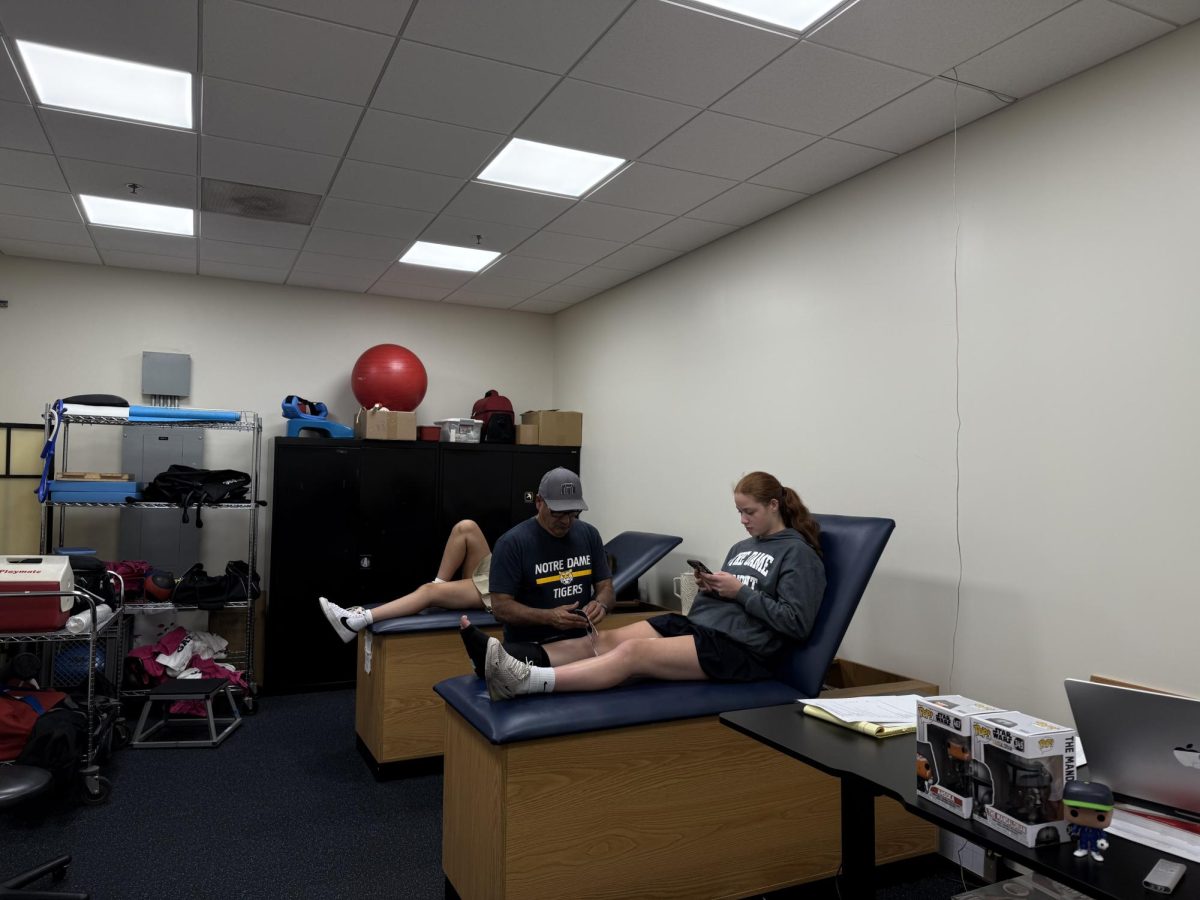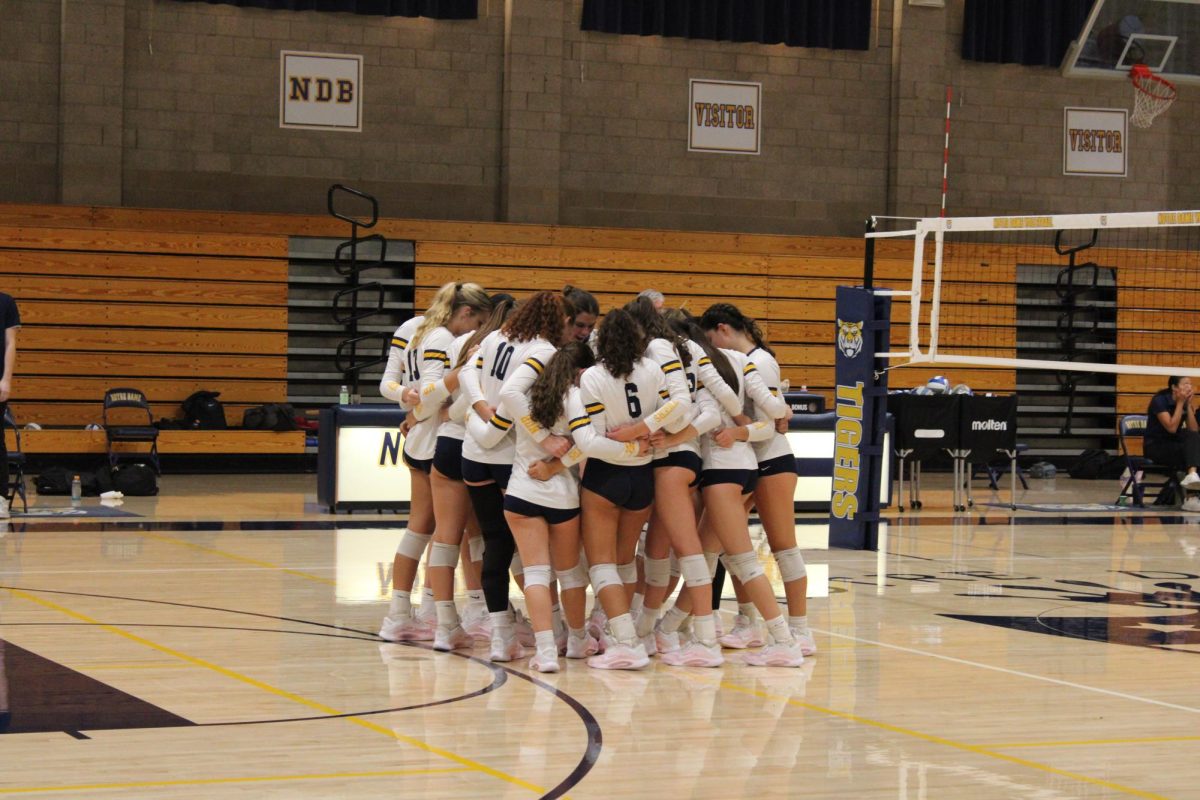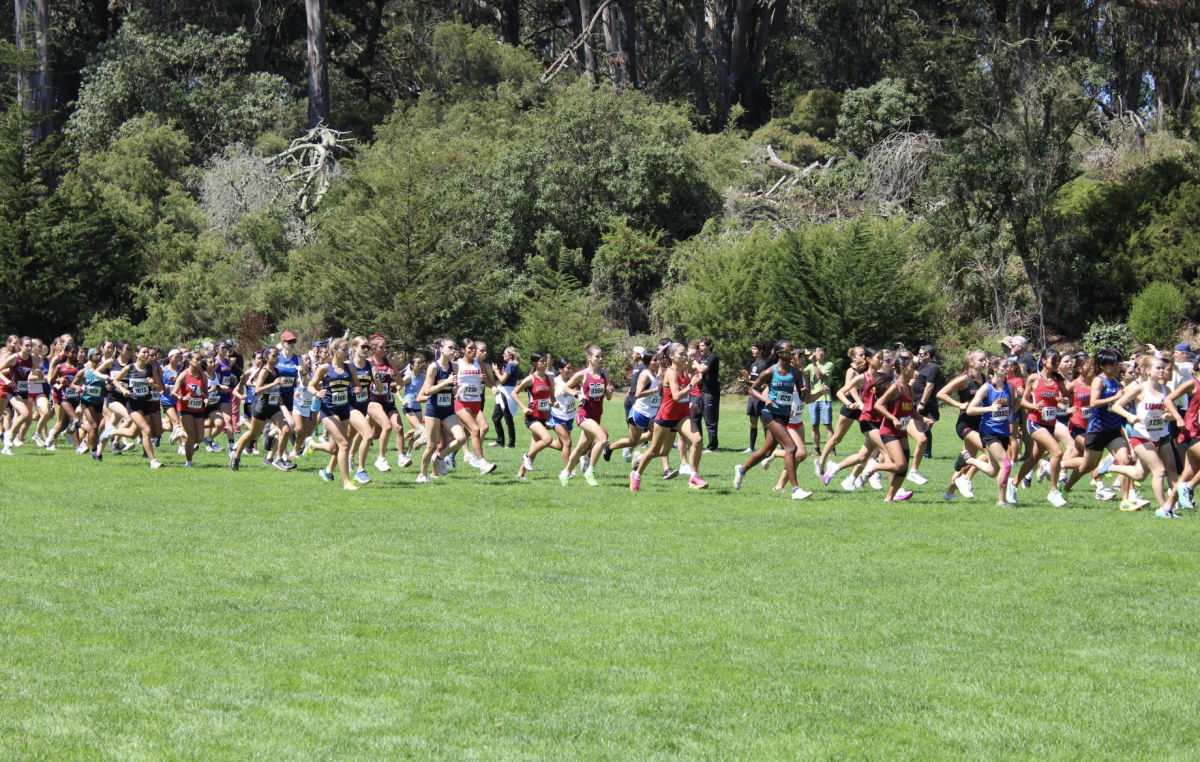The whistle blows, and the field goes quiet. A player steps up for a penalty kick, the game hanging on this one shot. The pressure is immense: nerves, self-doubt and focus collide in one moment. This is not just a one-time story; it is a glimpse into what so many high-school athletes face as they navigate the mental side of competitive sports.
Any seasoned athlete knows the thrill of victory and the sting of defeat, but what happens in the space between? Even the most experienced high school sports players encounter the struggle to perform under the heavy expectations placed upon them by themselves and others.
Typical mental health challenges that many athletes face include anxiety, high stress and burnout. While it is not uncommon for players to feel pressure before an important match, athletes aiming to play at the elite level in college and beyond can start to crack. The stress of seemingly having the future hinged on a game or tournament can end up worsening an athlete’s performance overall.
Athletes may start to feel as though every game is a test of their worth, which only adds to the mental strain. This can lead to a fear of failure that negatively impacts their ability to perform their best.
Recreational and intensive players alike work to overcome these challenges on and off the court. The intensity of the competition, no matter the level, requires athletes to have a strong mental game. They must learn how to handle pressure, manage setbacks and adapt to unexpected situations. This type of mental agility is often just as important as physical ability.
“[When] there’s high emotions in [a] game and, I feel like I just try to talk to my teammates, and I try to step up my game,” shared sophomore Sammy Kakala, a tri-sport varsity athlete in basketball, volleyball, and track. “Especially if it’s the last quarter, I just try to work it out with my teammates and do the best I can. I try to stay around my team and I don’t go off by myself.”
The role of support systems in an athlete’s mental game cannot be overstated. This support can take many forms – teammates who provide a sense of encouragement and belonging, coaches who offer guidance and help players stay focused and even sports psychologists who teach mental strategies to cope with stress and build resilience.
It is crucial for athletes to know they are not alone in their struggles. By creating a sense of community and fostering open communication, support systems help athletes feel empowered to face challenges head-on.
These support systems can also create an environment where athletes feel safe to express vulnerabilities and seek help when needed, which reduces the stigma surrounding mental health in sports. Whether it is through a pep talk, a quiet moment of reassurance or a shared experience, these support systems help athletes stay grounded and mentally prepared to tackle obstacles they might come across.
A common technique that athletes use in preparation for games or tournaments is visualization – a strategy where athletes mentally rehearse their performance by imagining successful plays or outcomes. This technique helps athletes build confidence, reduce anxiety and create a positive mindset before stepping onto the field or court.
“I try to focus on myself in the moment. Rather than thinking about what may happen, I think about what I can do to achieve [my] goal,” shared junior and varsity volleyball player Adrianna Chu. “In addition to being in a good mindset, good music helps me get that adrenaline rush I need to give me a kickstart when getting prepared.”
These lessons athletes learn through sports psychology extend beyond athletics. Techniques like visualization, mindfulness and managing pressure help in school, work and daily life. The mental toughness built through sports provides a foundation for overcoming setbacks, staying focused on goals and maintaining a positive mindset, no matter the challenge.











